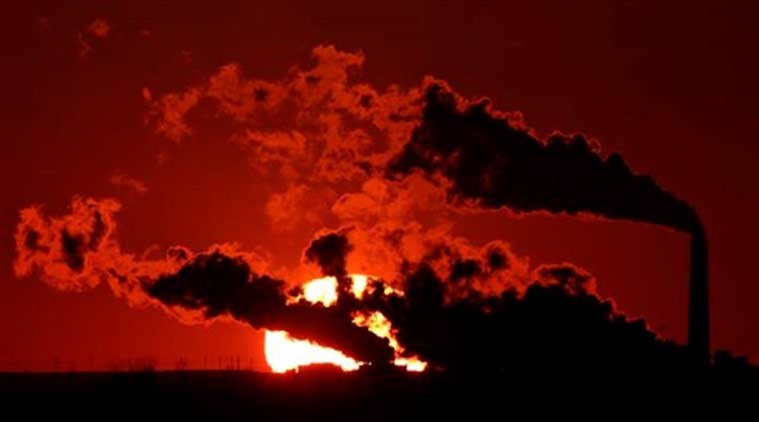Stay updated with the latest - Click here to follow us on Instagram
India may ratify Doha amendments of Kyoto protocol today
A new climate change agreement for the post-2020 period, negotiated in Paris in 2015 and hence called Paris Agreement, has already entered into force
 Only 75 countries have so far ratified the Doha amendments. It requires ratification from a total of 144 of the 192 parties of the Kyoto Protocol to become operational.
Only 75 countries have so far ratified the Doha amendments. It requires ratification from a total of 144 of the 192 parties of the Kyoto Protocol to become operational.
Hoping to trigger stronger climate change action from the developed countries, India is expected to announce ratification of Doha amendments to the Kyoto Protocol on Tuesday. The Doha amendments, made in 2012, had extended the legal obligation of developed countries to take targeted greenhouse gas emission cuts until 2020, the year Kyoto Protocol is now scheduled to expire.
A new climate change agreement for the post-2020 period, negotiated in Paris in 2015 and hence called Paris Agreement, has already entered into force, but its architecture is very different from that of Kyoto Protocol that had put the burden of emission cuts solely on rich and developed countries with specific reduction targets assigned to each. Under the Paris Agreement, every country has the freedom to decide for itself what action it will take.
Watch what else is making news:
More than four years after they were finalised, the Doha amendments have still not become operational because majority of the countries, including most developed countries, have not yet ratified it. India, and other developing countries, have been demanding an early ratification of the Doha amendments by the developed countries. But India itself had not ratified it till now. The Cabinet is likely to approve its ratification on Tuesday. The ratification will not put any additional burden on India.
Only 75 countries have so far ratified the Doha amendments. It requires ratification from a total of 144 of the 192 parties of the Kyoto Protocol to become operational.
The 1997 Kyoto Protocol had itself become operational only in 2005 and a group of rich and industrialised countries were assigned emission reduction targets for the 2005-2012 period, called the first commitment period. In 2009, the world had tried to finalise a new and more comprehensive climate treaty than Kyoto Protocol, an attempt that had to wait till 2015 to succeed. Stuck with Kyoto Protocol for the time being, the world had extended emission cut obligations of the developed countries for the period 2012-2020, often referred to as second commitment period, in Doha, but these targets could not so far be enforced in the absence of enough ratifications.
India’s ratification of amendments is likely to trigger similar decisions from other countries.







